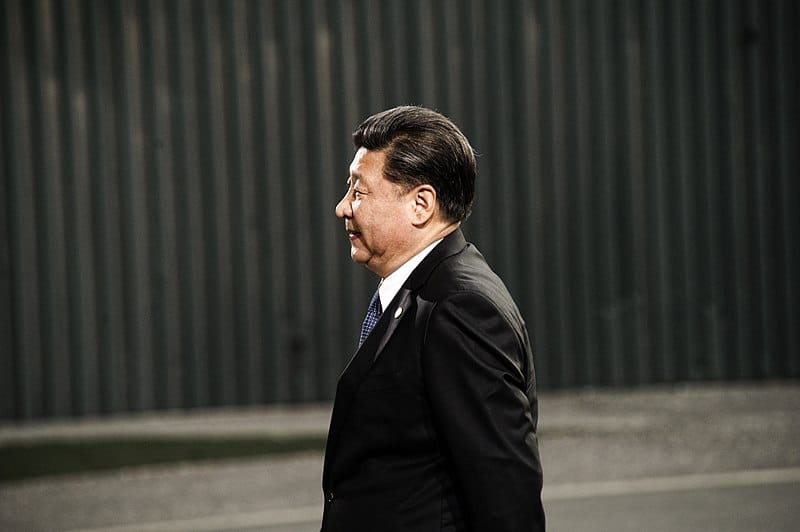The chief economist of London’s Enodo Economics says that the Xi Jinping administration has failed to adequately address China’s onerous debt burden.
Surging debt levels have emerged as one of the biggest threats to China’s economic stability since the Great Financial Crisis, with non-financial corporate debt swelling to 165% of GDP in the first quarter of this year compared to 96% at the start of 2008.
Writing for the Nikkei Review, Diana Choyleva says that while Beijing is keenly aware of China’s perilous debt burden, the Xi administration has done little more than “largely [sweep] the problem under the carpet” despite its much-vaunted economic deleveraging campaign.
According to Choyleva Beijing’s failure to adequately deal with China’s debt problem is “perpetuating the risk of financial instability and diminishing China’s chances of embarking on a path of sustainable growth.”
While Beijing’s aggressive deleveraging campaign has mitigated the problem to some extent, Choyleva says that the Xi administration has failed to address the root causes that underlie China’s debt problem – a deficiency also seen during the country’s last major clean-up of debt towards the end of last century.
A key problem is failure on the part of Beijing to rein in the slovenly, profligate ways of its state-owned enterprises.
“While the Communist party acknowledges that some state companies must be allowed to fail, there is scant appetite to impose hard budget constraints on the survivors,” said Choyleva.
“Some debt is finally being extinguished, but most is being shuffled from one part of the state to another.”
According to Choyleva the chief problem with China’s current deleveraging and reform efforts is that they only give lip service to increasing the role of the market, while actually expanding the sway of the central government over the economy.
“Instead of letting market forces play a decisive role in determining financial and economic outcomes, the party is using the deleveraging campaign to tighten its grip over the economy,” said Choyleva.
“As long as the state, not the market, calls the shots, capital and resources will continue to be misallocated.
“Debt will be channeled into unproductive projects that will fail to generate the returns needed to service the borrowings…new debt mountains will form.”
A key example of this is reform of the state-owned enterprise sector, where Choyleva sees private companies being “press-ganged” into keeping government companies afloat using their own capital, as part of mixed-ownership reforms that will only see SOE’s increase in size.
“To reduce reliance on debt, selected state companies are selling minority equity stakes to ‘strategic’ private sector companies…these gain no say in how the SOE’s are managed, but if they want to stay on good terms with the Communist Party, they have little choice but to sign the checks.”
Many of the other policy expedients adopted by Beijing, such as the provision of cheaper loans by state-owned banks to pay off costly debt, the establishment of a municipal bond market and expansion of public-private partnerships for infrastructure projects, will only buy short-term success while failing to adequately address root causes.
Choyleva points out, for example that the 1 trillion yuan ($152 billion) in debt-for-equity swaps that are being touted as a key tool for deleveraging of the state-owned enterprise sector account for only a tiny amount of total corporate debt, and that in any case only 10% of the swaps have been completed.
Other problems with the scheme include the pricing of swaps by government-controlled banks, SOE’s and implementation agencies as opposed to the market, and the reluctance of Beijing to kill off moribund “zombie companies” due to concerns over unemployment and social unrest.



